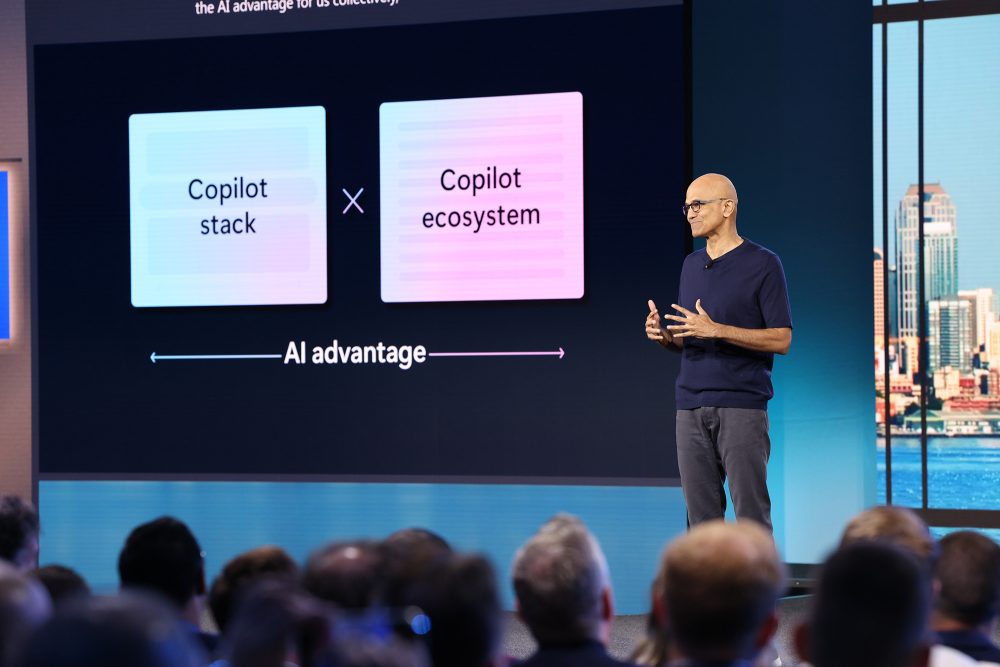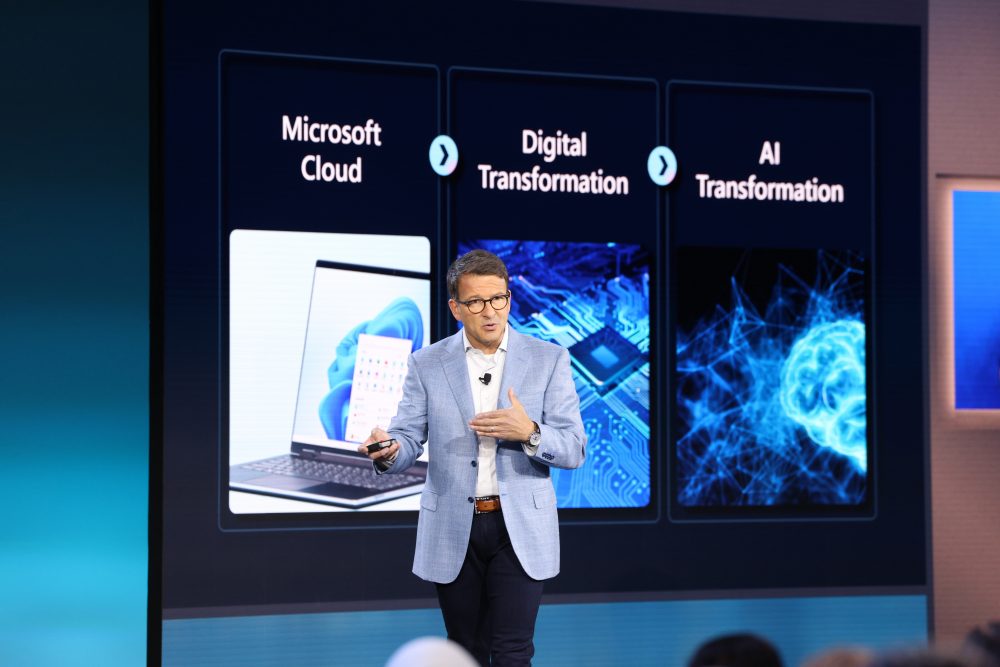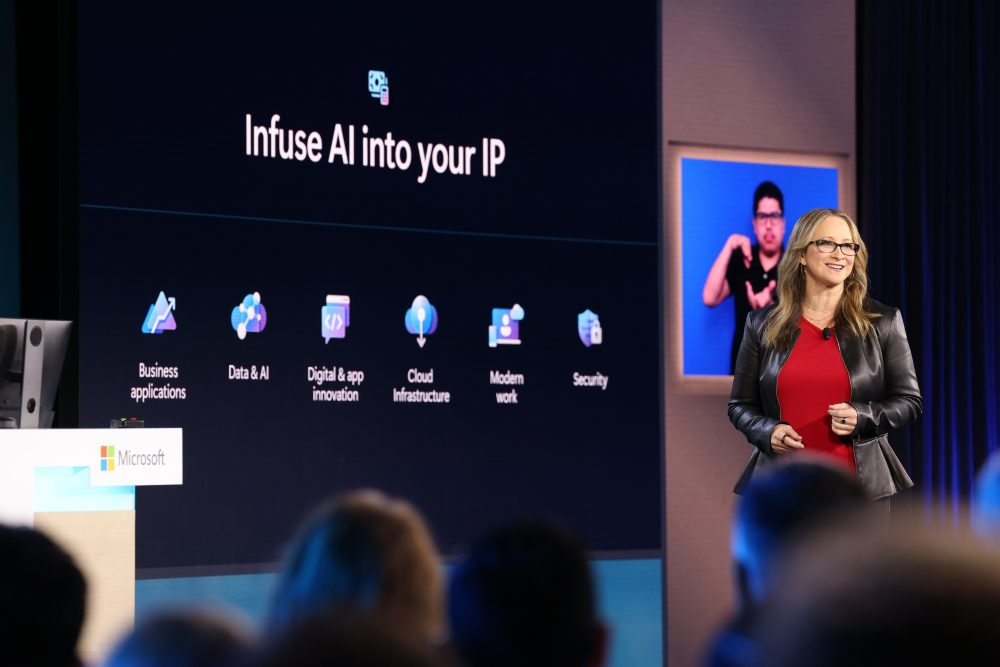Avoiding the “super-hype”
AI will be transformational, so we don’t need to debate or doubt that. However, when we look at the implications for businesses, we need to take a breather and blow a bit of the froth from the frenzied hype that is being whipped up right now. There is both fear and excitement in equal measure, and in many cases, both are unfounded. This is just distracting for businesses as they plan for the future. My contention is that by thinking clearly and taking good advice, businesses can avoid expensive mistakes and find value in practical and relevant applications of AI today.
We hear a lot about the societal and political implications of AI replacing some or even all white-collar work in future. While this makes for interesting and provocative reading, I want to focus on what business leaders should be thinking about today.
We are still in the very early days of this AI wave, and that creates hype. The news sites want content that is sensational, and the consulting firms want you to pay for consulting projects to alleviate the fear they create. You’ll notice that many blogs, articles, and IT talks use words like “could” and “should” rather than “does” and “will.” You also frequently hear “expected,” “projected,” and “forecasted” from consulting firms.
We are in “super-hype” territory, similar where we were with Cloud 15+ years ago. Was cloud transformational? Yes, it was, completely – the world got smaller, markets grew, and all of us got access to the technologies previously reserved for the global giants. We got this for a small fee per user plus a lot more. It took time for that value to filter through though, and for markets and technologies to mature. I expect AI to mature faster, and the potential impact to be broader but for most of us, the same principles will apply over the next couple of years.
We are seeing a lot of hype right now, particularly around ChatGPT and Copilot. Is ChatGPT delivering huge value to the masses really? Is Microsoft Copilot going to give you a real competitive advantage right now? They are very useful tools for sure but not earth-shattering yet. The whole arena is still immature.
Unless you are a very large business, a corporate giant, a specific niche player or perhaps a research organisation, I’d say your requirements will be met naturally by the market. It’s happening now, and you will not miss the boat if you think this through carefully and take advice from trusted and qualified technology partners.
Value from AI today
Although in their early stages, there is value to be had today from practical applications of AI, largely at the Machine Learning end of the spectrum. Many software and platform vendors are building and buying AI technologies to enhance their offerings already, and some have done so for several years. We are seeing steady developments in most business systems, and here are a few examples:
- Cybersecurity: With cyber threats becoming more sophisticated, mid-sized businesses are adopting AI-powered cybersecurity solutions like SentinelOne and MS Defender, which use machine learning to detect and respond to security threats more efficiently than traditional antivirus products. AI can also help businesses with data protection, compliance, and incident response.
- Customer Relationship Management (CRM): Businesses are using AI-enhanced CRM platforms like Salesforce or HubSpot to streamline their sales processes and improve their customer service. These platforms can leverage AI to predict customer behaviour, personalise communication, and automate responses, leading to more efficient sales cycles and higher customer satisfaction.
- Accounting: AI tools are being used to automate bookkeeping and financial analysis. For instance, many accounting platforms use AI to categorise expenses and make tax recommendations. AI can also help businesses with cash flow forecasting, fraud detection, and risk assessments.
- Human Resources and Recruitment: HR tools with AI-enhancement assist in automating payroll, benefits administration, and recruitment processes. AI algorithms can screen resumes, schedule interviews and even predict candidate fit and thereby make hiring process faster and more effective. AI can also help businesses with employee engagement, retention, and development to foster a positive and productive working culture.
- Inventory Management and Supply Chain Optimisation: Mid-sized retail and manufacturing businesses utilise AI for inventory forecasting and supply chain optimisation. Tools like NetSuite or SAP Business One employ AI to analyse sales data and predict inventory needs to reduce overstock and stockouts. AI can also help with demand planning, logistics, and quality control, improving operational efficiency and client satisfaction.
- Marketing and Customer Insights: AI within products, such as Marketo and Pardot help businesses analyse customer data, predict market trends, personalise marketing campaigns and ultimately increase engagement and conversion. AI can also help businesses to create content, manage social media and web analytics to enhance brand awareness and reputation.
- Predictive Maintenance in Manufacturing: Companies are implementing AI for predictive maintenance in manufacturing; using sensors and data analytics to monitor the condition and performance of machines and equipment, predicting and even preventing failures. Tools like IBM Maximo or Microsoft Azure IoT use AI to optimise maintenance schedules, reduce downtime, and extend equipment life, thereby saving costs and improving quality.
Get the right guidance
I hope I have shown that AI is delivering practical and relevant value now for organisations that know how to make use of it. The market is delivering the functionality and evolving it continually. That does, of course, mean that businesses should keep their eyes open and watch their markets.
AI will arrive through the sales engines of technology vendors. And this is where most care is needed: to avoid being swept up by the hype of a new technology, buying vapourware and undertaking projects that will never realise the sold visions and dreams.
Most importantly, this all means that every business needs access to sound advice from partners who live these technologies daily and whom they can trust to provide practical guidance rather than speculation. I always recommend appropriate research, evaluation and piloting to build awareness and familiarity. There is value to be had for sure, but we do need to calm some of the hysteria.




